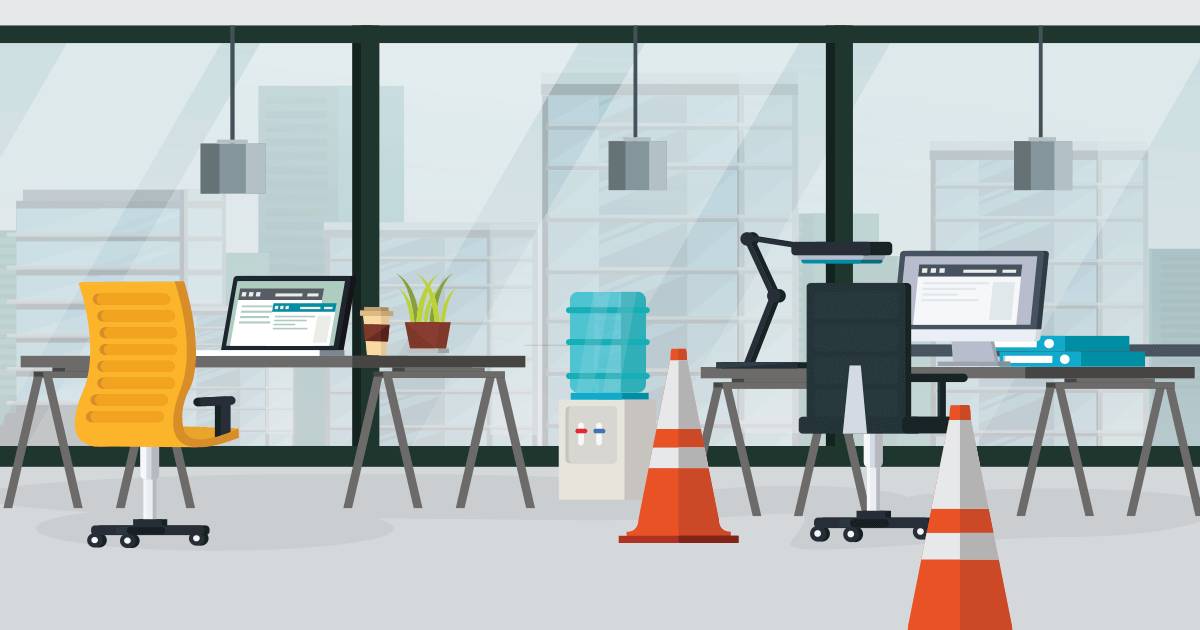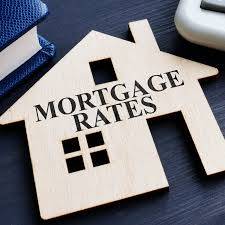Types of Mortgages: Legal Mortgage
A legal
mortgage is a mortgage
recognized by law as the highest form of security interest over property. It
transfers the legal ownership or title of the mortgaged property to the lender
(mortgagee) until the borrower (mortgagee) repays the debt in full, including
interest. In Ghana and Africa, legal mortgages are extensively used for
securing loans, particularly for immovable properties like land and buildings.
Definition of Legal Mortgage
A legal
mortgage is a formal and
registered mortgage that complies with statutory laws. It creates a legal
relationship between the lender and borrower, granting the lender a security
interest in the borrower’s property while allowing the borrower to retain
possession until default.
- Ownership
Transfer: Legal
ownership or title of the property is transferred to the lender, but
possession remains with the borrower.
- Redemption
Right: Borrowers
retain the right to redeem the property once the loan is fully repaid.
Features of a Legal Mortgage
- Formality
and Registration
- Legal
mortgages must be created in writing and registered with the appropriate
legal or statutory body.
- In Ghana,
mortgages are governed by the Land Act, 2020 (Act 1036) and must
be registered with the Lands Commission.
- Registration
ensures the lender’s interest is legally enforceable and ranks higher
than unregistered or informal claims.
- Legal
Title Transfer
- The lender
holds the legal title to the property until the debt is repaid. This
title gives the lender a superior claim over other creditors.
- Borrower’s
Possession
- While the
legal title transfers to the lender, the borrower retains possession of
the property and can continue to use it.
- Right
to Foreclosure
- If the
borrower defaults, the lender can foreclose on the property, sell it, and
recover the outstanding debt.
- Right
of Redemption
- Borrowers
have the legal right to redeem the property after repayment, and any
clause attempting to block this right is void under Ghanaian law.
Types of Legal Mortgages
- Mortgage
by Demise or Sub-demise
- The
borrower transfers the legal title of the property to the lender for a
specific term, subject to a condition for repayment.
- Common in
traditional common law jurisdictions, but less common in Ghana due to
statutory reforms.
- Mortgage
by Legal Charge
- The
borrower creates a charge over the property in favor of the lender
without transferring ownership.
- This is the
most common form of legal mortgage in Ghana under the Land
Act, 2020.
Legal Mortgage Process in Ghana
- Creation
of the Mortgage
- A formal
mortgage deed is drafted, detailing the terms of the agreement, loan
amount, repayment schedule, and lender’s rights.
- Consent
and Documentation
- Borrowers
must provide ownership documents, including land titles or deeds. In some
cases, consent from traditional authorities is required if the property
is under customary tenure.
- Registration
- The
mortgage is registered with the Lands Commission, ensuring it is
enforceable and prioritizes the lender’s claim over the property.
- Disbursement
and Repayment
- Funds are
disbursed, and borrowers make repayments per the agreed schedule.
- Foreclosure
in Case of Default
- If the
borrower defaults, the lender can initiate foreclosure proceedings to
sell the property.
Importance of Legal Mortgages in Ghana and Africa
- Securing
Loans
- Legal
mortgages provide lenders with strong security, making it easier for
borrowers to access substantial loans.
- Real estate
developers and homeowners often rely on legal mortgages for financing
projects.
- Economic
Growth
- Mortgages
contribute to infrastructure development and housing, promoting economic
stability and growth in Ghana and Africa.
- Investor
Confidence
- The legal
recognition of mortgages and their enforceability builds trust among
financial institutions and investors.
Challenges of Legal Mortgages in Ghana and Africa
- Complex
Land Tenure Systems
- In Ghana,
customary land tenure systems often complicate the creation of legal
mortgages due to unclear ownership.
- Across
Africa, multiple land rights systems can cause disputes, delaying
mortgage registration.
- High
Costs
- Registration
fees, legal costs, and high interest rates deter low- and middle-income
earners from accessing legal mortgages.
- Foreclosure
Difficulties
- Longer
foreclosure processes in some jurisdictions, including Ghana, make it
challenging for lenders to recover debts.
- Limited
Awareness
- Many
potential borrowers are unfamiliar with mortgage laws and processes,
limiting their ability to utilize legal mortgages effectively.
Reforms and Recommendations
- Simplification
of Land Registration
- Streamlining
land registration processes can reduce delays and disputes, making legal
mortgages more accessible.
- Public
Awareness Campaigns
- Educating
the public about mortgage benefits and procedures can encourage adoption.
- Government
Support
- Subsidizing
mortgage rates or providing affordable housing loans can increase access
for low-income earners.
- Digitization
- Implementing
digital land registry and mortgage platforms can improve transparency
and efficiency.
Conclusion
Legal mortgages
are a cornerstone of real estate financing and economic development in Ghana
and Africa. By providing secure, enforceable rights to lenders while protecting
borrowers’ redemption rights, they create a balanced framework for
property-based loans. Addressing challenges like land tenure complexities and
high costs will be crucial for expanding the accessibility and impact of legal
mortgages across the continent.


